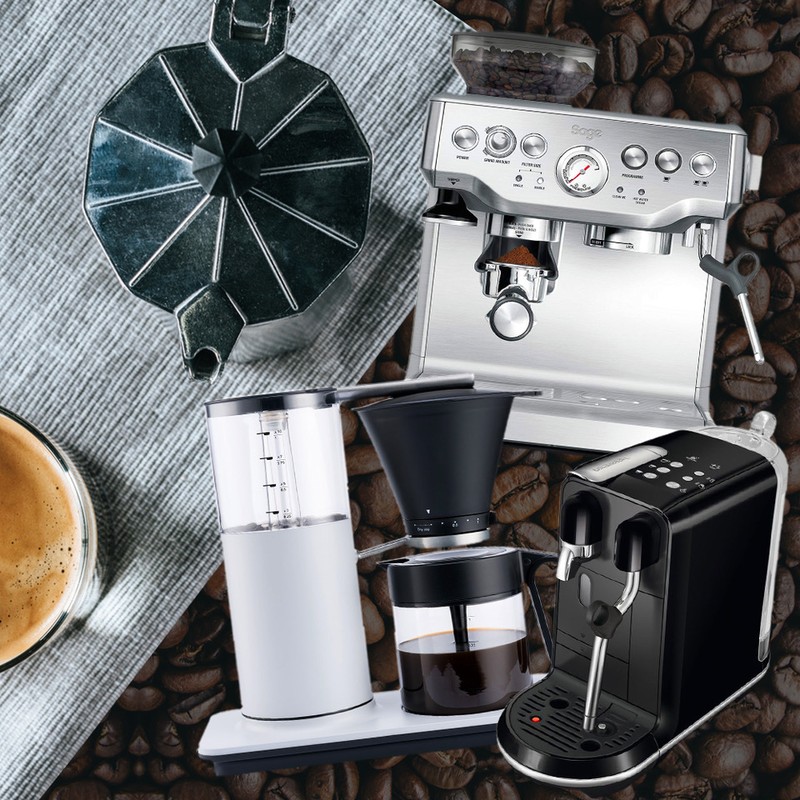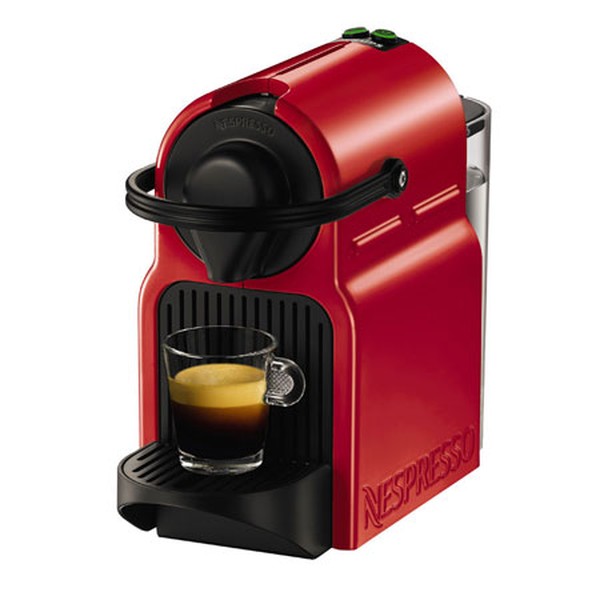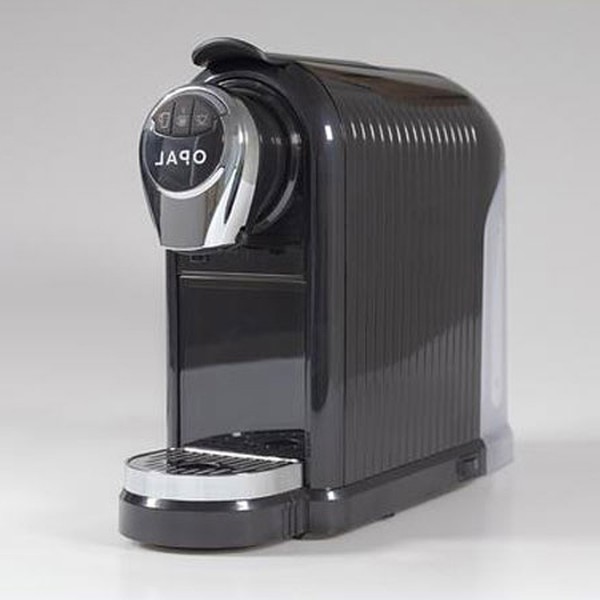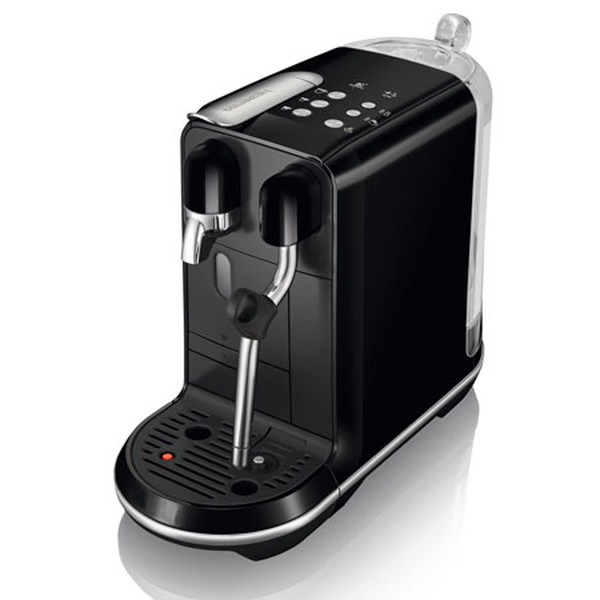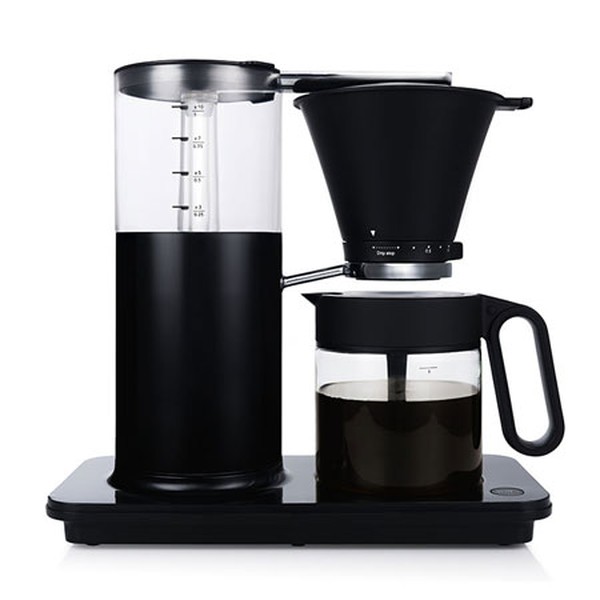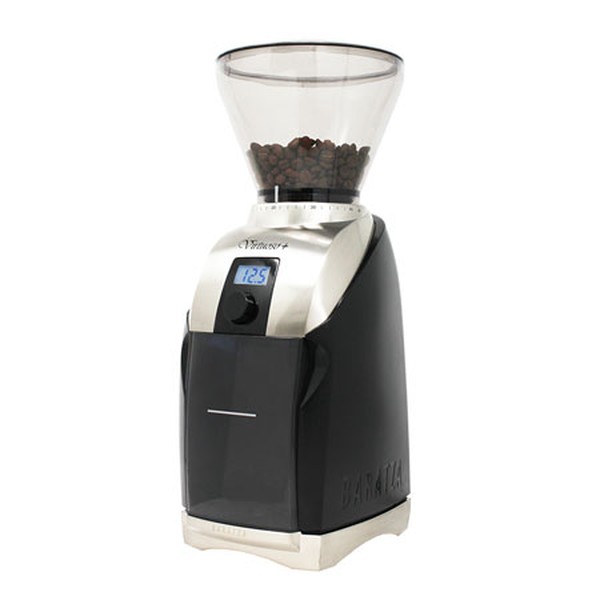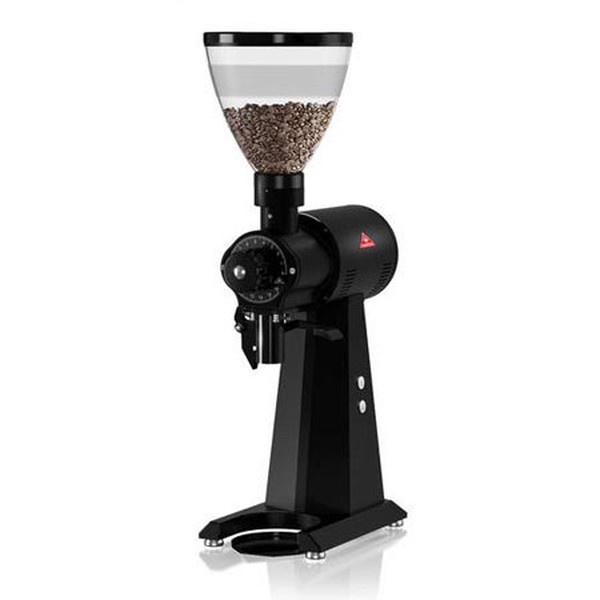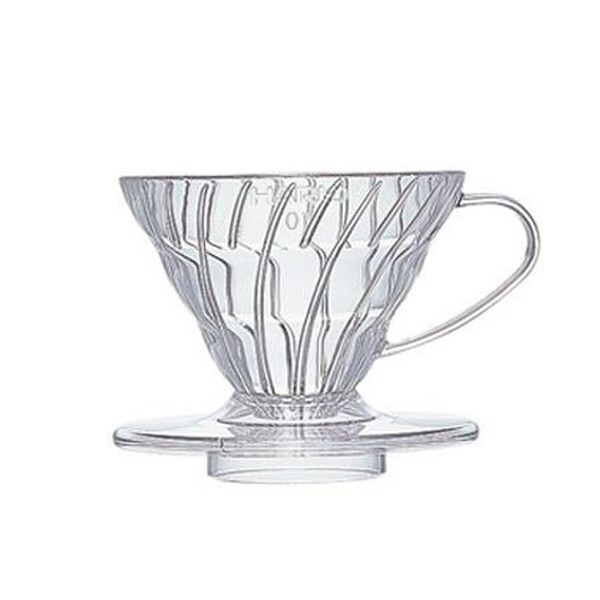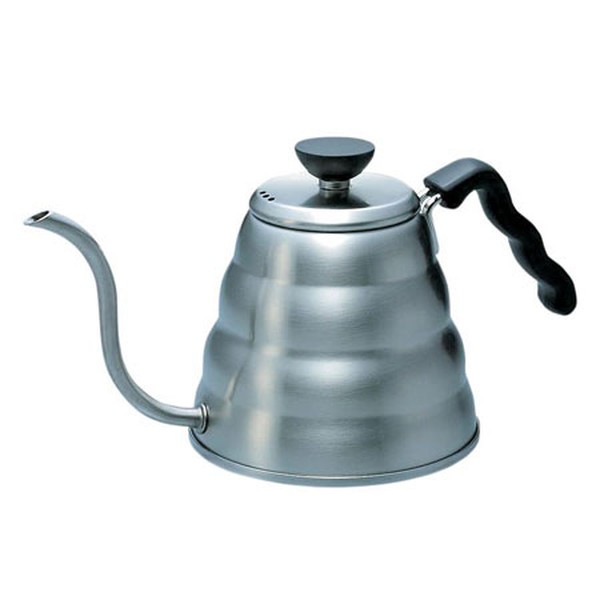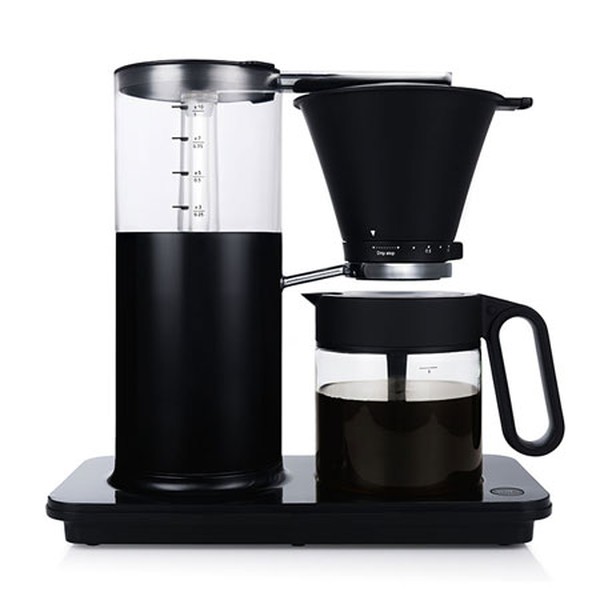The Best Home Coffee Machines
PODS/CAPSULES
Best For: Quick caffeine fixes
What sort of coffee drinker do these machines suit?
Relatively unfussy drinkers who are still interested in exploring flavour and having the option to select beans of different species (e.g. Arabica or Robusta) and different origins.
How good is the coffee it produces?
Everything begins with the quality of the coffee itself. Being able to select a specific species, origin, processing method and degree of roast (e.g. dark or light) provides you with more opportunity to brew a result you are happy with. In my experience, when high-quality coffee is used, the result is better than you’ll get in many high-street cafés, but not as good as espresso produced on a traditional espresso machine and grinder by a skilled barista.
Is there anything a first-time buyer should be looking out for?
Ideally you want a reliable machine that’s compatible with pods supplied by companies who provide detailed traceable information about the farms producing their coffees. By purchasing traceable coffee, you are usually contributing to a more sustainable supply of coffee. The capsules should be fully recyclable or compostable at home, without having to drop them off at a special collection point.
Do these machines take much looking after?
If you’re in a hard-water area such as London, you will need to descale regularly to stop your machine breaking. Softer water will give you an opportunity to taste more complexity and sweetness in your coffee. London water is actually the worst for coffee flavour so, if you do want excellent flavour, use a water filter such as the BWT Bestmax or a mineral water like Ashbeck or Aqua Pura.
Anything else to consider before purchasing?
Make sure you can alter the volume of espresso that the machine produces. This allows you to adjust the strength and extraction of your espresso to your preferred level. Want to add steamed milk? If so, you’ll probably need a separate piece of kit to do this. Even though some pods can be recycled or composted, they still involve a lot of single-use packaging.
CHRIS RECOMMENDS
BEAN-TO-CUP MACHINES
Best For: Coffee with milk
Who are these for?
They’ve got a built-in grinder, so they’re easy to use. Add the beans and the machine will do the rest. If you haven’t got the space, budget or interest to replicate the sort of coffee you can get from a skilled barista, they’re a good option – especially if you take milk.
How good is the end product?
Again, if everything’s calibrated well, the coffee will be better than a lot of what you still find on the high street.
What should you be looking for in one of these machines?
Ideally, it’ll be easy to clean, reliable and adjustable. You’ll want to be able to change the grind texture, dose (quantity of coffee used) and the amount of espresso it produces.
Do they take much looking after?
You will really need to keep on top of cleaning your machine after every use. That means cleaning the grinder, milk steaming wand and all components that come into contact with coffee or milk. Hard water like London’s can very quickly break these machines, so use a good water softener or mineral water to increase its lifespan of your machine. Before you make your first drink, run hot water through your machine and coffee through your grinder to ensure your machine is hot and your coffee fresh.
Bean-to-cup machines come at a range of prices – is it worth spending a bit more on one?
There are budget machines, but it’s worth spending a bit more for quality design, useful features and reliability. The higher you go in price, the more customisable automation features you have.
CHRIS RECOMMENDS
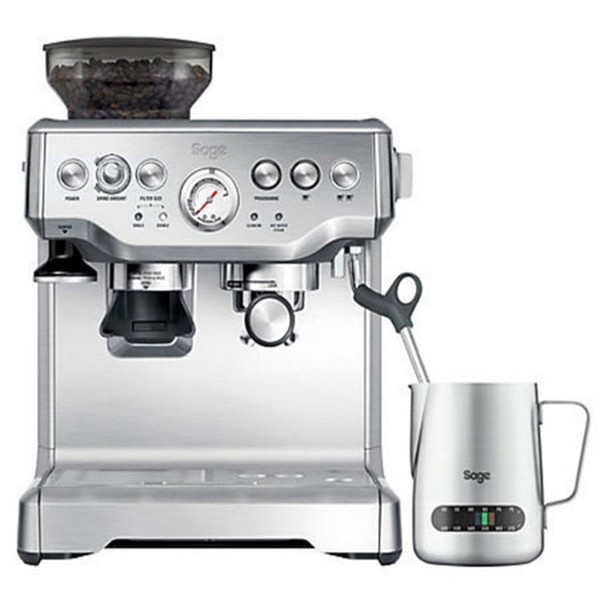
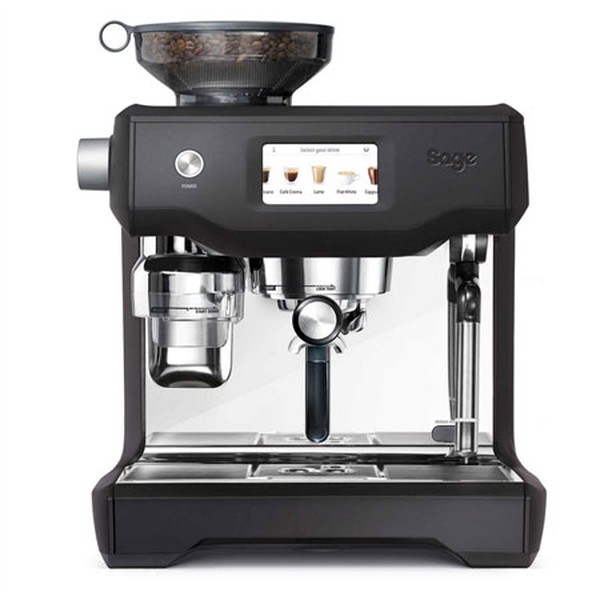
FILTER COFFEE
Best For: Flavour
Talk to us about filter coffee…
This is for the purist, who cares about the complex flavour of coffee and wants to explore this at low cost. They prefer the subtle flavour differences and lower strength of filter coffee compared to the espresso styles above.
How good can it be?
When the stars align, it is spectacular. It can offer an experience as good as any bottle of wine, whisky, beer or tea.
Is it right that you might not even need a machine for this?
If you only want to brew 300-500ml at a time, I’d seriously consider brewing by hand. Before you make the jump to a filter coffee machine, which can be expensive, try just using a good grinder, dripper and goose-neck pouring kettle. If you’re brewing by hand, invest in responsibly sourced high-quality coffee and then you’ll just need the patience to perfect your recipe and method until your brews are consistently great. Industry experts Scott Rao and James Hoffman both have excellent videos online that simplify the process very well.
When is it worth investing in a machine?
If you want automation or more than 500ml. Spending a bit more on an automated brewer will get the consistent water temperature you need to meet the Specialty Coffee Association’s Golden Cup Standard. Before you buy, make sure you can control the volume of water you use and that it is dispersed evenly across the bed of ground coffee.
Anything else to consider before purchasing?
As always, the quality of water and the traceability of the coffee is crucial. If you’re brewing by hand, the kind of paper filter you use is also very important – there is some variety even between the same supplier. Ensure it is well rinsed before brewing to remove any paper taste.
CHRIS RECOMMENDS
Chris Whitelaw is hot beverages manager at Tate and an authorised trainer at the Specialty Coffee Association
DISCLAIMER: We endeavour to always credit the correct original source of every image we use. If you think a credit may be incorrect, please contact us at [email protected].
